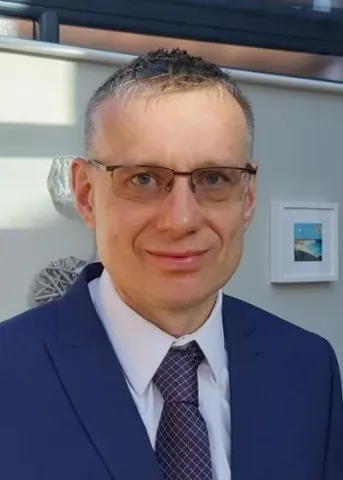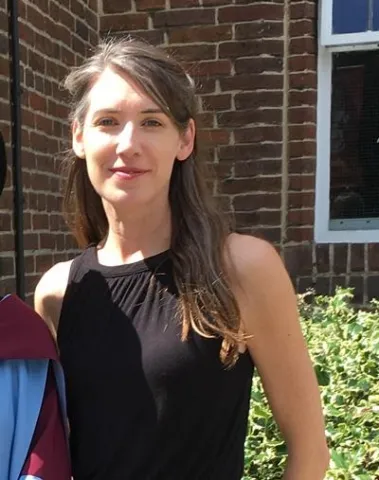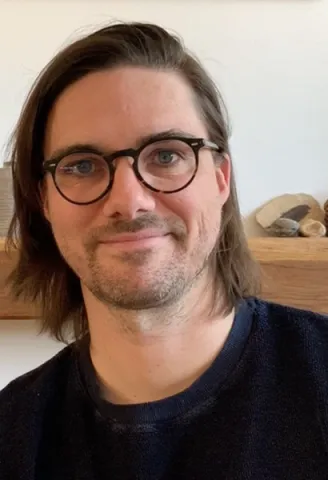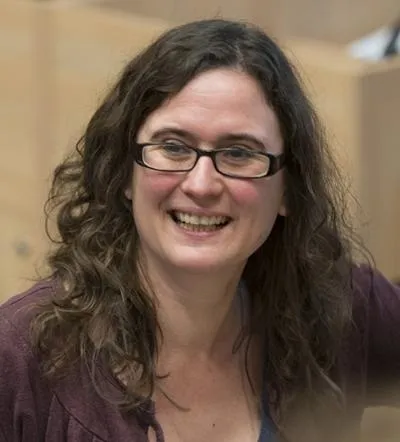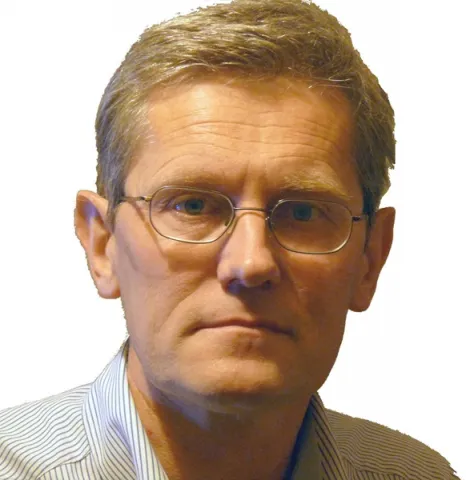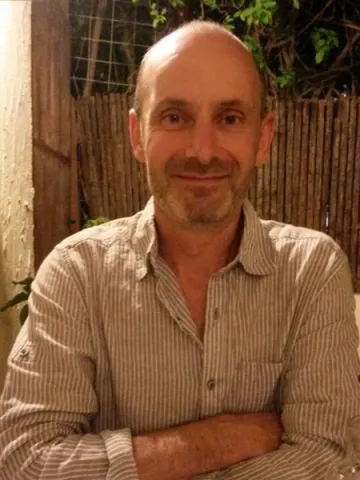Project overview
Two linked pilot projects have been exploring the value of postcards for placemaking and storytelling
The first project was supported by the SMMI (Southampton Marine and Maritime Institute) and the Higher Education Innovation Fund. It began with the digitization of circa 3000 postcards in the Peter Cook collection of Postcards of Southampton (front and back). This enabled the creation of a pilot map of circa 100 selected postcards from the collection, with the capacity for efficient scaling-up and expansion to include more links to further resources: PETER COOK POSTCARDS - Home (soton.ac.uk)
The map is linked to an updateable tab of Further Resources in other local and regional archives, and of networks related to postcards and postcard collections. It is also linked to a pilot Virtual Reading Room of the circa 100 selected cards, developed by the Digital Scholarship and Innovation Team to inform the construction and test the useability of this new resource, and to explore the potential and problems of linking the VRR to Geodata.
The project also produced a set of research presentations that reflect on the relationships between images and texts; maps and stories; individual artefacts and collections; and between everyday objects and digital technology in drawing out themes of key importance to the past, present and future of Southampton. These presentations told us about Southampton as a port city and a seaside location: as a scene of departure and as a temporary destination. Critically, the cards also help us to relate this coming and going to Southampton as an abode; as a place of everyday work, local leisure and suburban habits of written correspondence that often seem remarkably close to the phone-text cultures of today.
The second pilot project was supported by SIAH and HEIF, and was designed to explore the Capabilities for Collections equipment funded by the AHRC and housed in the Digital Humanities Hub. For this project, we joined visual content from the Peter Cook collection with aural content held by Southampton Archives to create a pack of cards for the Museum in a Box: postcards of Holyrood Church link to selections from oral histories, demonstrating the value of this technology for joining up archival resources held across the city to create accessible and evocative narrative experiences.
We also made a five-minute film for the immersive cylinder that features the postcard as a research object. The film places archival objects in relation to digital renderings, soundscapes, a spoken narrative, and oral history content to create a pilot immersive experience. This work was achieved through knowledge exchange between the University, Southampton Archives, Gods House Tower, A Space Arts, and ArtasMedia. The work tested the expertise, time and technology necessary to create content for this space.
This pilot material can be used in engagement, outreach and recruitment activities, and models the creation of content through knowledge exchange between University and local archives, and arts and heritage organisations.
Six strong themes emerged from these two pilot projects: enriched biographies of seafarers and port labour; medieval history; the history of Empire; the history of cinemas; commons and courts; object biographies; disjuncts between text and image. Together, these take us from the changing uses of Southampton’s medieval built environment to the recent material histories of the city’s cinemas; from scenes of port labour to cliches and cartoons of seaside promenades; and from formal green spaces as artefacts of Britain’s imperial past to the urban-nature of The Common as a site of egalitarian play and protest. The project members are building networks around these six themes including partnerships in the City’s archives and linking to broader work on the meta-history of the postcard as evocative evidence of international networks of photographers, printers and distributors.
The first project was supported by the SMMI (Southampton Marine and Maritime Institute) and the Higher Education Innovation Fund. It began with the digitization of circa 3000 postcards in the Peter Cook collection of Postcards of Southampton (front and back). This enabled the creation of a pilot map of circa 100 selected postcards from the collection, with the capacity for efficient scaling-up and expansion to include more links to further resources: PETER COOK POSTCARDS - Home (soton.ac.uk)
The map is linked to an updateable tab of Further Resources in other local and regional archives, and of networks related to postcards and postcard collections. It is also linked to a pilot Virtual Reading Room of the circa 100 selected cards, developed by the Digital Scholarship and Innovation Team to inform the construction and test the useability of this new resource, and to explore the potential and problems of linking the VRR to Geodata.
The project also produced a set of research presentations that reflect on the relationships between images and texts; maps and stories; individual artefacts and collections; and between everyday objects and digital technology in drawing out themes of key importance to the past, present and future of Southampton. These presentations told us about Southampton as a port city and a seaside location: as a scene of departure and as a temporary destination. Critically, the cards also help us to relate this coming and going to Southampton as an abode; as a place of everyday work, local leisure and suburban habits of written correspondence that often seem remarkably close to the phone-text cultures of today.
The second pilot project was supported by SIAH and HEIF, and was designed to explore the Capabilities for Collections equipment funded by the AHRC and housed in the Digital Humanities Hub. For this project, we joined visual content from the Peter Cook collection with aural content held by Southampton Archives to create a pack of cards for the Museum in a Box: postcards of Holyrood Church link to selections from oral histories, demonstrating the value of this technology for joining up archival resources held across the city to create accessible and evocative narrative experiences.
We also made a five-minute film for the immersive cylinder that features the postcard as a research object. The film places archival objects in relation to digital renderings, soundscapes, a spoken narrative, and oral history content to create a pilot immersive experience. This work was achieved through knowledge exchange between the University, Southampton Archives, Gods House Tower, A Space Arts, and ArtasMedia. The work tested the expertise, time and technology necessary to create content for this space.
This pilot material can be used in engagement, outreach and recruitment activities, and models the creation of content through knowledge exchange between University and local archives, and arts and heritage organisations.
Six strong themes emerged from these two pilot projects: enriched biographies of seafarers and port labour; medieval history; the history of Empire; the history of cinemas; commons and courts; object biographies; disjuncts between text and image. Together, these take us from the changing uses of Southampton’s medieval built environment to the recent material histories of the city’s cinemas; from scenes of port labour to cliches and cartoons of seaside promenades; and from formal green spaces as artefacts of Britain’s imperial past to the urban-nature of The Common as a site of egalitarian play and protest. The project members are building networks around these six themes including partnerships in the City’s archives and linking to broader work on the meta-history of the postcard as evocative evidence of international networks of photographers, printers and distributors.
